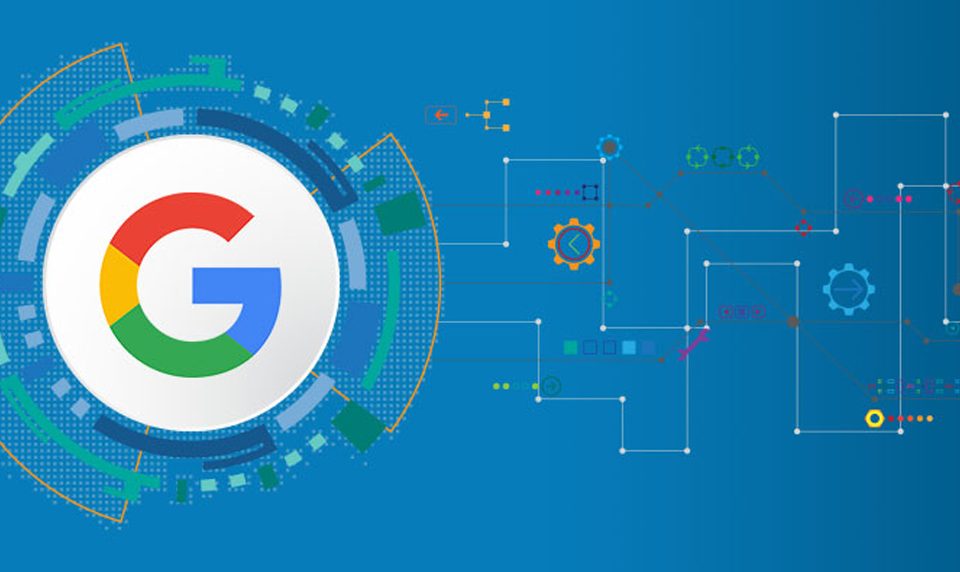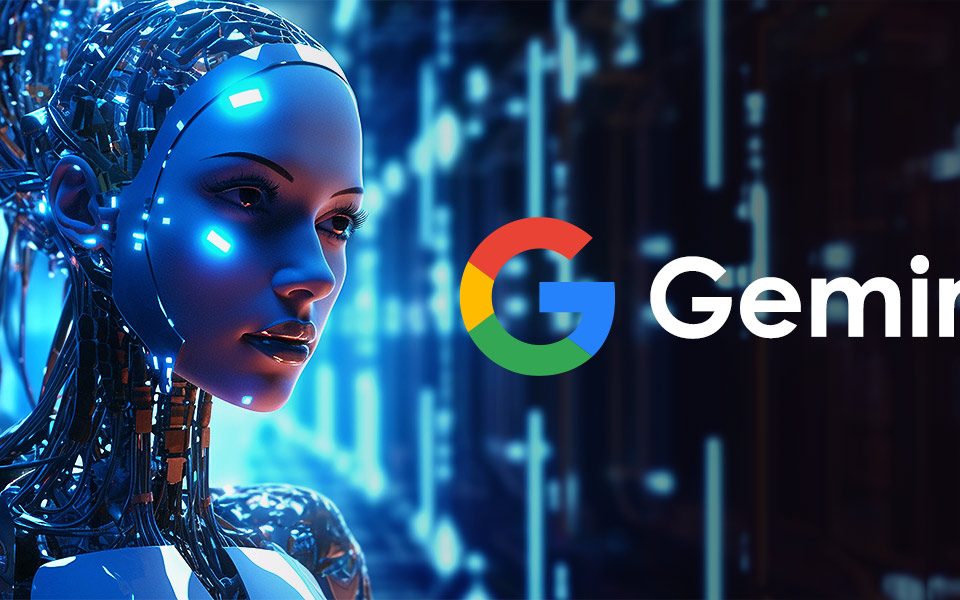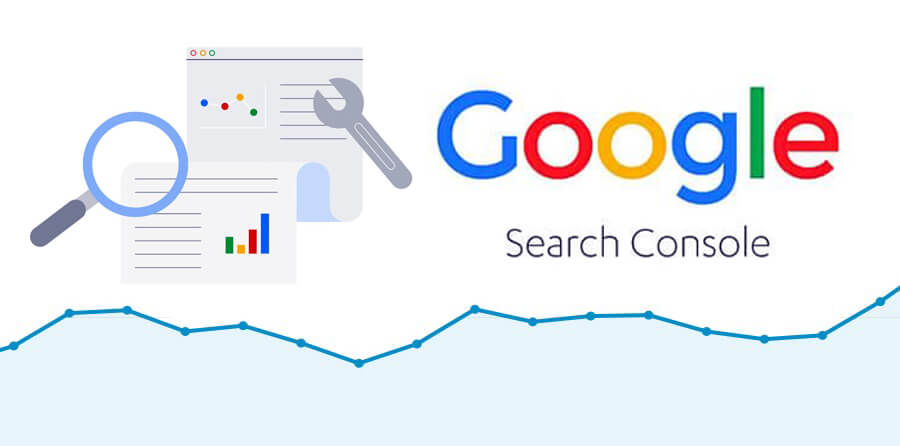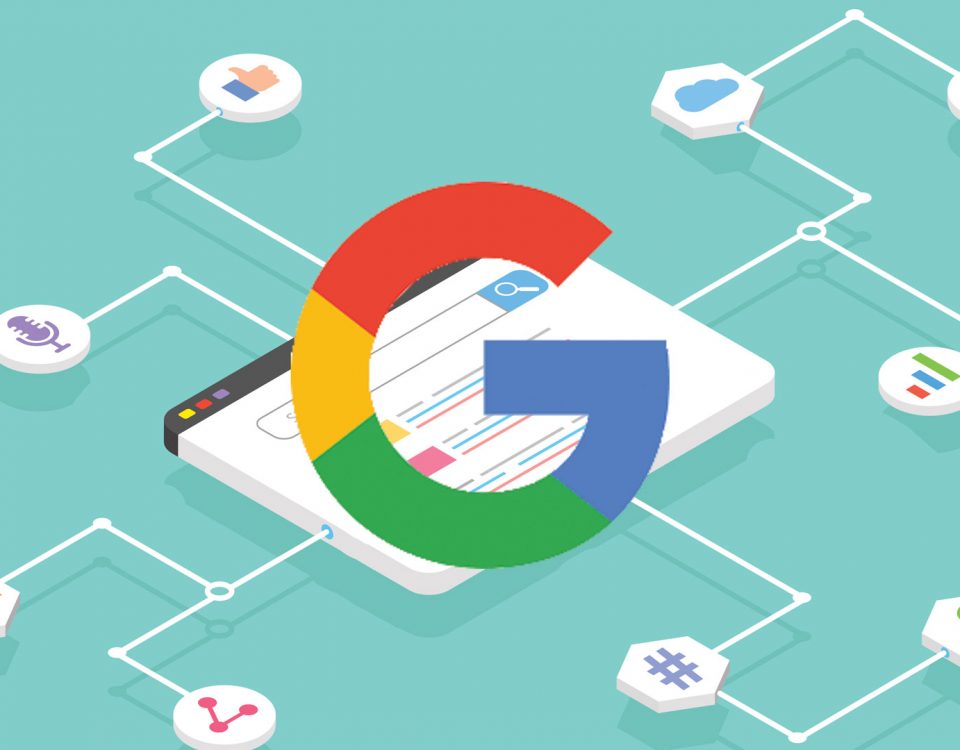Articles
Microsoft has begun winding down its IntelliCode extensions for Visual Studio Code, signaling a shift in how AI-powered coding assistance will be delivered to developers. Instead of IntelliCode, the company is now pointing C# developers toward GitHub Copilot Chat as the preferred solution for intelligent code suggestions and inline completions.
According to an announcement published on GitHub, several IntelliCode-related extensions are no longer actively supported. These include the core IntelliCode extension, IntelliCode Completions, IntelliCode for the C# Dev Kit, and IntelliCode API Usage Examples. All of them are now officially deprecated, and Microsoft advises developers to remove them from their VS Code setups.
For C# development, Microsoft recommends relying on the built-in language features provided by the Roslyn .NET compiler platform, which remains fully supported in Visual Studio Code. These features continue to deliver standard IntelliSense functionality such as code completion lists, parameter hints, hover tooltips, and syntax highlighting. Developers who want more advanced AI-driven assistance are encouraged to install GitHub Copilot Chat, which offers conversational help along with contextual code suggestions directly in the editor.
As part of the deprecation, Microsoft has confirmed that maintenance has ended immediately for the affected extensions. No further bug fixes or enhancements will be released, and the extensions will be clearly marked as deprecated in the marketplace. Certain IntelliCode-specific behaviors are also being removed, including highlighted or “starred” recommendations within completion lists.
In addition, inline suggestion text — typically shown as gray text within the editor — will no longer appear once IntelliCode is removed. With these changes, Microsoft is consolidating its AI coding strategy around Copilot while maintaining core language intelligence through Roslyn, rather than continuing parallel feature development across multiple extensions.










